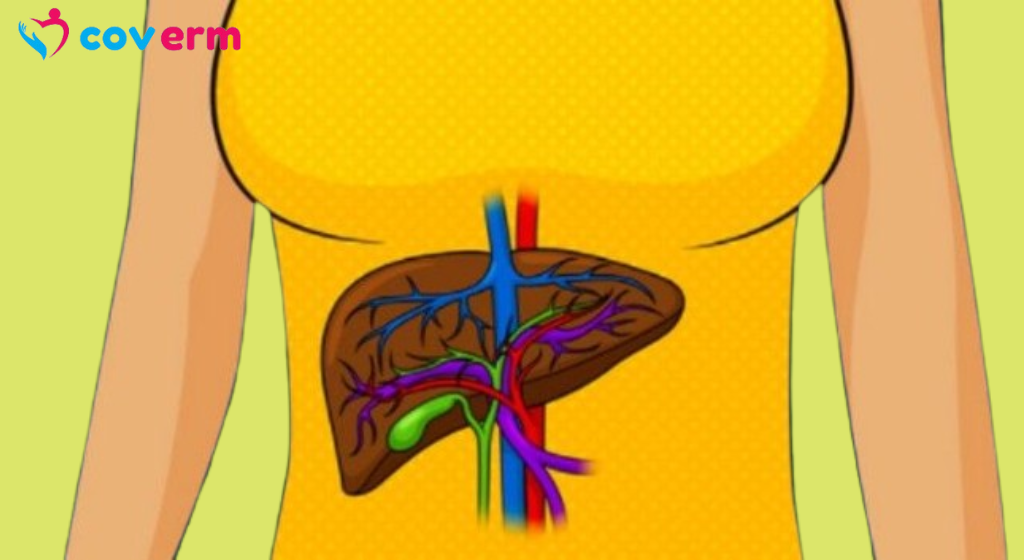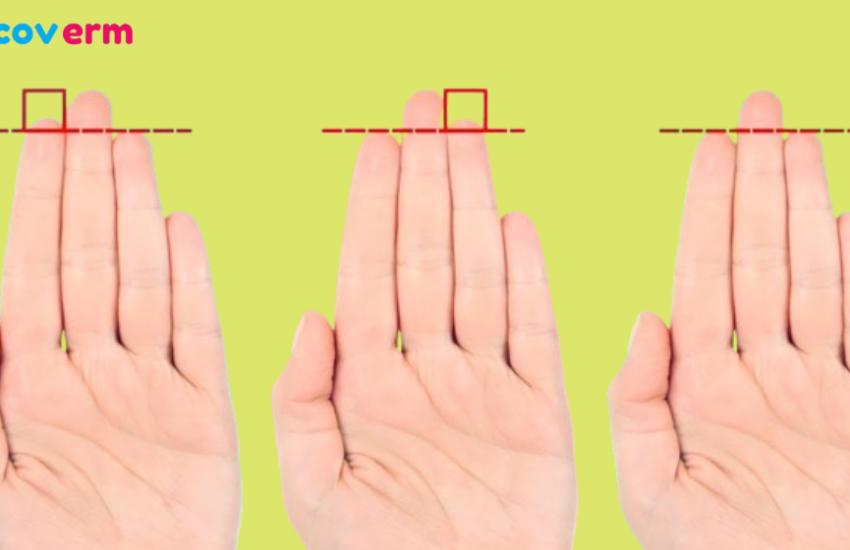7 Warning Signs of Liver Damage You Should Never Ignore
by admin
- Chronic Unexplained Fatigue: Persistent fatigue may indicate the presence of toxins in the body that the liver struggles to eliminate.
- Loss of Appetite: Improper digestion can lead to a loss of appetite and subsequent weight loss.
- Stomach Disorders: Nausea and vomiting are common symptoms of liver damage, particularly if they persist over time.
- Digestion Problems: Liver damage can result in indigestion, diarrhea, irritable bowel syndrome, constipation, or intolerance to fatty foods due to impaired bile production.
- Change in Urine Color: Elevated bilirubin levels may cause changes in urine color, indicating liver dysfunction.
- Change in Stool Color: Reduced bile production can lead to pale or clay-colored stools, suggesting liver issues.
- Jaundice: High bilirubin levels can cause yellowing of the eyes, fingertips, tongue, and skin, indicating potential problems with the liver, gallbladder, or pancreas.
- Abdominal Pain: Abdominal cramps or bloating may signal liver damage.
- Water Retention: Fluid retention, though indicative of various conditions, including kidney problems, heart failure, or hormonal imbalances, can also be a symptom of liver damage.
- Itching: Liver damage may cause skin sensitivity, resulting in itching, bruising, or visible veins.
- Intestinal Bleeding: Gastrointestinal bleeding is often associated with liver damage.
If you experience any of these symptoms persistently, it’s essential to consult a healthcare professional for proper evaluation and treatment. Early detection and management of liver issues can prevent serious complications and improve overall health.
When the liver is compromised, it exhibits various symptoms signaling potential damage. Here are some indicators, as reported by the French website “Santi Plus”:
- Chronic Unexplained Fatigue: Persistent fatigue may indicate the presence of toxins in the body that the liver struggles to eliminate.
- Loss of Appetite: Improper digestion can lead to a loss of appetite and subsequent weight loss.
- Stomach Disorders: Nausea and vomiting are common symptoms of liver damage, particularly if they persist over time.
- Digestion Problems: Liver damage can result in indigestion, diarrhea, irritable bowel syndrome, constipation, or intolerance to fatty foods due to impaired bile production.
- Change in Urine Color: Elevated bilirubin levels may cause changes in urine color, indicating liver dysfunction.
- Change in Stool Color: Reduced bile production can lead to pale or clay-colored stools, suggesting liver issues.
- Jaundice: High bilirubin levels can cause yellowing of the eyes, fingertips, tongue, and skin, indicating potential problems with the liver, gallbladder, or pancreas.
- Abdominal Pain: Abdominal cramps or bloating may signal liver damage.
- Water Retention: Fluid retention, though indicative of various conditions, including kidney problems, heart failure, or hormonal imbalances, can also be a symptom of liver damage.
- Itching: Liver damage may cause skin sensitivity, resulting in itching, bruising, or visible veins.
- Intestinal Bleeding: Gastrointestinal bleeding is often associated with liver damage.
If you experience any of these symptoms persistently, it’s essential to consult a healthcare professional for proper evaluation and treatment. Early detection and management of liver issues can prevent serious complications and improve overall health.



